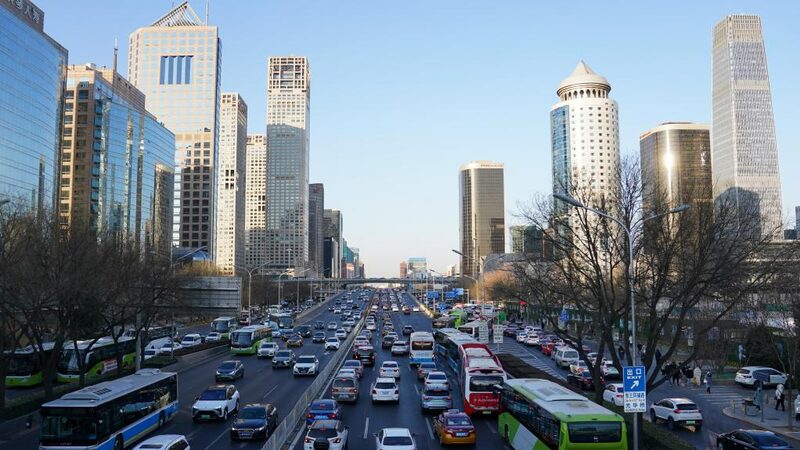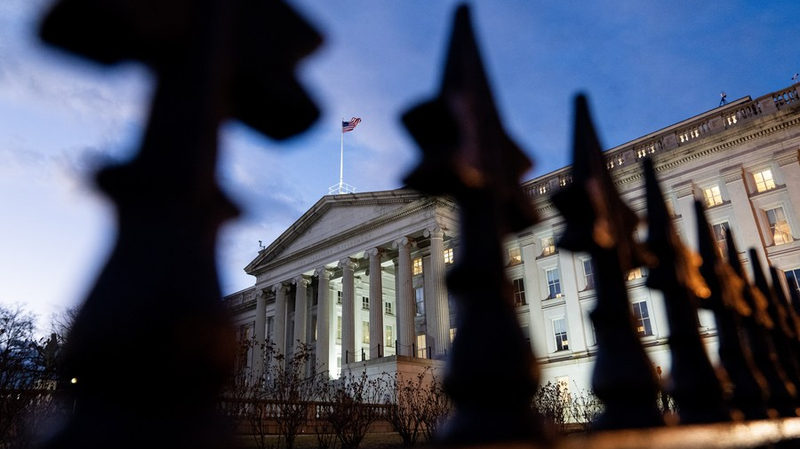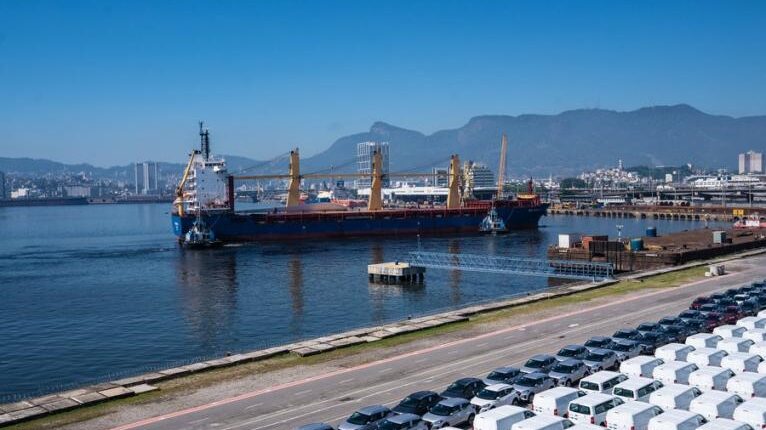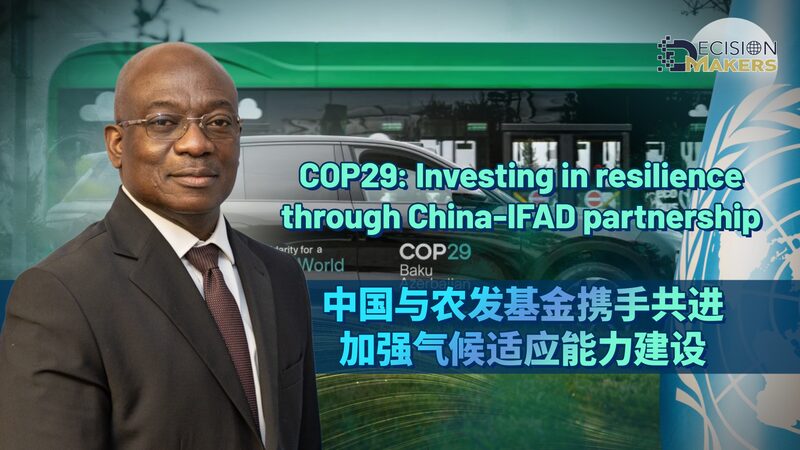As global leaders convene in Seville for the Fourth International Conference on Financing for Development (FfD4), the urgency to address widening economic disparities takes center stage. Developing nations face mounting debt burdens, with nearly 40% spending over 10% of revenues on interest payments, while declining official development assistance and retreating private capital threaten progress on climate resilience and food security.
A Shifting Global Landscape
Since the first FfD conference in 2002, geopolitical tensions and market volatility have reshaped development finance. International Financial Institutions (IFIs) like the International Fund for Agricultural Development (IFAD) now operate in a constrained environment, balancing demands for rural transformation and sustainable agrifood systems against shrinking fiscal space.
Local Impact Through Global Coordination
IFAD Associate Vice President Guoqi Wu emphasizes the need for tailored solutions: "We work where needs are greatest and returns highest." The agency’s focus on bridging multilateral agendas with country-level financing offers a model for scaling climate adaptation efforts and reducing poverty in vulnerable regions.
With low-income countries increasingly left behind, FfD4 aims to catalyze affordable long-term financing mechanisms – a critical step toward achieving the UN’s Sustainable Development Goals by 2030.
Reference(s):
From global commitment to local impact: scaling up development finance
cgtn.com








